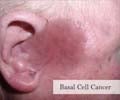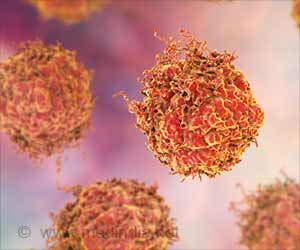Adapting people's gut bacteria, such as giving antibiotics, probiotics, or a faecal transplant before immunotherapy may have better outcome.

‘Patients with melanoma who had diversity in the type of bacteria found in their gut responded better to immunotherapy’





Scientists at the University of Texas MD Anderson Cancer Centre studied over 200 mouth and over 100 gut microbiome samples from people who had advanced melanoma. They discovered that people whose cancer responded to immunotherapy treatment had more diversity in the types of bacteria found in their gut. They also found significant differences in the type of bacteria found in the gut of people whose cancer responded versus those who didn't.
Dr Jennifer Wargo, lead researcher at the University of Texas, said: "Our research shows a really interesting link that may mean the immune system is aided by gut bacteria when responding to these drugs. Not all patients respond to immunotherapy drugs and it's hard to know who will benefit from the treatment prior to it being given.
"The gut microbiome can be changed through a number of different strategies, so there is real potential here to modify the gut microbiome to boost an immunotherapy response." Early studies in mice have shown that changing the type of bacteria that live in the gut can improve the response to immunotherapy, but this is one of the first studies to look at the link in patients.
This research suggests that adapting people's gut bacteria, such as giving antibiotics, probiotics, or a faecal transplant before immunotherapy, could increase the benefits already achieved with new immunotherapy drugs now being used to treat several different types of cancer. However, this needs to be tested clinical trials.
Advertisement
"Gut microbes have been shown to influence the role of conventional chemotherapy, so it's probably not surprising that they impact on response to new immunotherapies being used in the clinic. Manipulating the gut flora may be a new strategy to enhance activity of immunotherapy drugs, as well as to manage problematic toxicity in the future."
Advertisement















